My son and I traveled by car to Arkansas to see the total eclipse of the sun that occurred on April 8th. In addition to witnessing this awesome phenomenon, we also got a glimpse of life in the South and Midwest of the country. I must say that just as the eclipse revealed the sun’s brilliant corona that otherwise remains invisible, our journey into this region of the US exposed a social reality that we ignore or perhaps refuse to see, and which is at the center of the political division that afflicts the country.
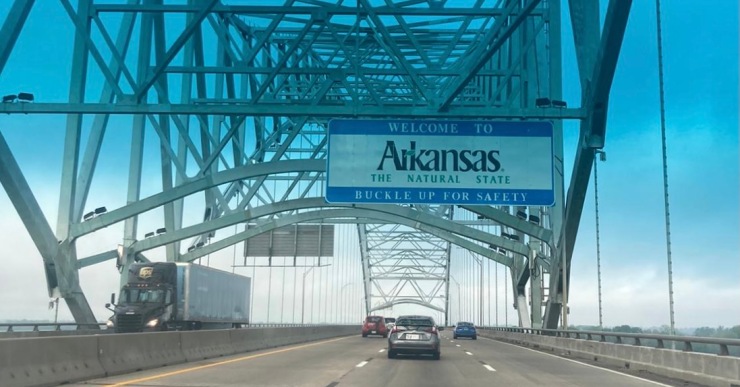
I’ve traveled by car throughout the United States on many occasions, the last time being in 2013. On previous trips, I noticed the cultural differences one came up against after leaving California. I never felt these were more than social variations that were part and parcel of a large nation, understood as such by the people. Everyone was American despite their differences. On the recent trip, however, once we got past the Southwest, it seemed as if we were entering another country, another United States that seemed foreign to me, although I had once lived in it.
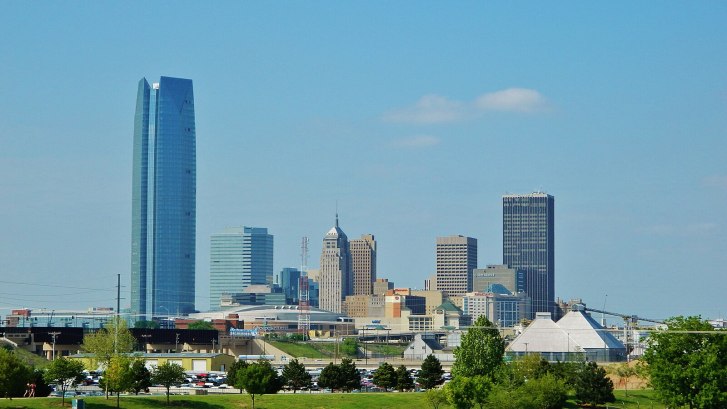
As we traveled through Arizona and New Mexico, the cultural diversity that defines California began to slowly diminish, yet there was some familiarity. We passed the Texas panhandle at night and arrived at Oklahoma City where we stayed at a hotel. It was here that I began to sense that I was entering into another national reality. This was noticeable at fast-food restaurants in small towns where we stopped to grab a bite to eat. The persons taking our order and those who prepared it were white, young women and men, barely out of high school. They gave me flashbacks of the seventies and eighties when it was mainly white teenagers that served food in all fast-food restaurants across the US.

Just about all the customers were white too. There was something about their clothes, their cars, the way they carried themselves that called my attention. The people seemed to be middle-age and senior citizens still living in the late twentieth century. We were in the order line together but I felt a cultural gulf between us. They spoke English and sat to eat the same food like me and my son, but something was amiss. It was as if they existed in a parallel universe close by that I knew well, yet couldn’t communicate with them. With one or two exceptions, these scenes repeated in all restaurants, stores and gas stations where we stopped.
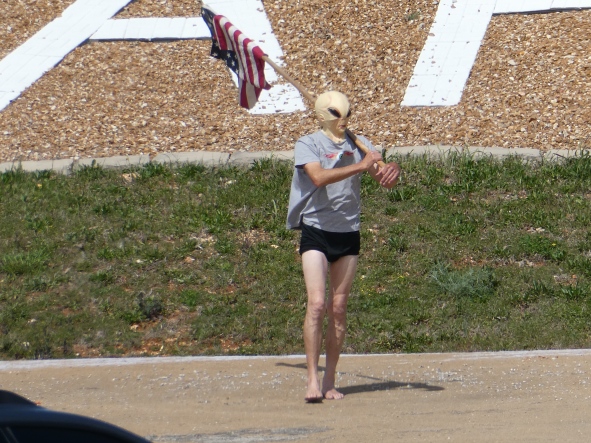
I felt sadness because I had lived in their world, in Ohio, when I came to the United States. I said to my son: These are the people born and raised after World War II, the progeny of the Greatest Generation, who grew up believing the US was the greatest country on earth. They believed in the American Dream and worked hard to achieve it, and it didn’t materialize for them. Their world was blindsided by globalization, and left them dazed and confused. Now, the American Empire they worked so hard to build is crumbling before their eyes and they don’t know how to stop it. They feel a hopelessness many of their fellow citizens don’t understand.
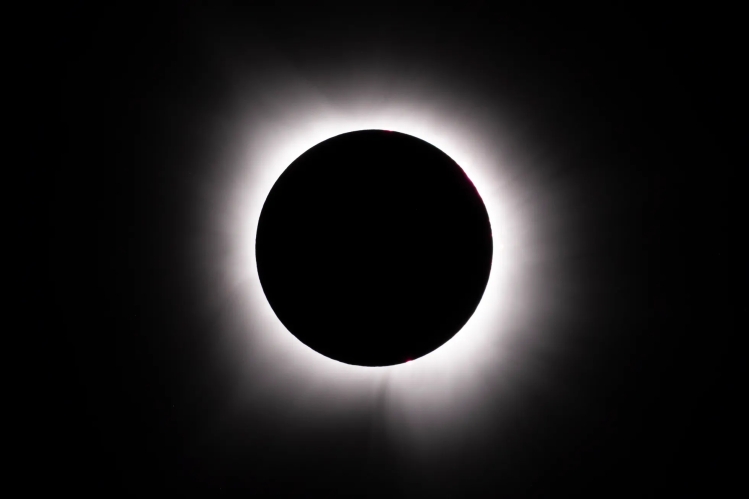
I continued speaking to my son: I’ve been invited plenty of times to go to my high school reunion in Ohio, I said, and I have declined to attend. But if I did go, many of my former school mates would notice the difference in our status: particularly material, economic, and cultural. They would think that I hit the jack pot, and they didn’t. Post high school we were on the same economic footing. Jobs at GM and US Steel and other industries were readily available. Now, those jobs have disappeared and left plenty of ghost towns around the bigger urban areas. Those lucky enough to get a higher education abandoned their towns and moved to the East and West Coast, just like I did.
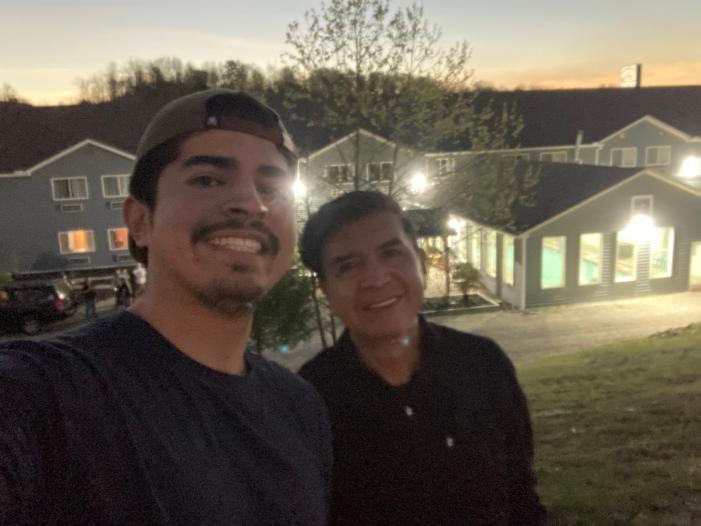
I’m sure my high school friends are happy for me, but find it difficult to understand how I have moved on and joined the globalized world, mixing and remixing cultures: a deterritorialized world citizen that has learned to straddle the end and the beginning of a millennium. To me, the seventies and eighties are just memories, but not for many of my former classmates. They are trapped in the twentieth century, not wanting or knowing how to escape, and it’s getting harder for them since their children and grandchildren are also leaving them behind.
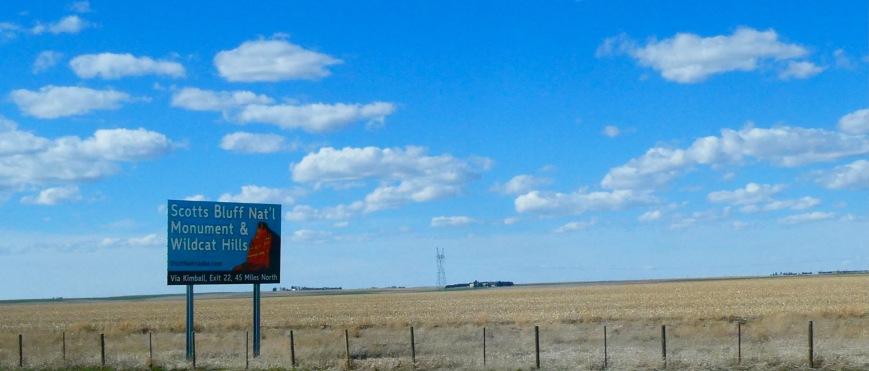
These are the people that Trump preys upon, I said. He appeared at the right place, at the right moment when these souls needed cultural salvation. He realized this and began to exploit their weaknesses, promising to return them to the land of plenty when America was great. Back in the eighties, President Reagan did the same thing, but healing the wounds left by the Vietnam War was much easier. He just had to get the country out of its malaise after losing its first war. He succeeded because the problem was psychological instead of cultural. Ironically, though, Reagan set the economic wheels in motion that would lead to the globalization of the world, which consequently put the US in its current socio-economic and political predicament.
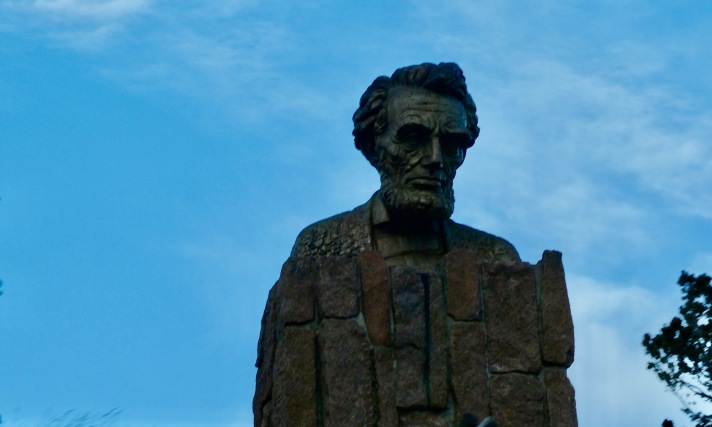
Trump wants to be the Reagan of the new millennium. He desires to make America great again. But he’s a political charlatan who’s selling snake oil to heal the sickness of the nation. He knows how to stoke the fears of the people. Primarily their cultural fears. That’s why he emphasizes immigration, insinuating that immigrants are at the root of the problem. This is far from the truth. Up to the seventies and eighties, immigration was the reason for the growth of the mighty industrial complex in the US. It was the restructuring of the world economy by globalization that allowed the rise of a nomadic American industry that followed the cheapest labor and that led to the disappearance of factory jobs. As a businessman, Trump himself has benefitted greatly from this global economy, even as he denounces the damage globalization has done to the working class in the United States.
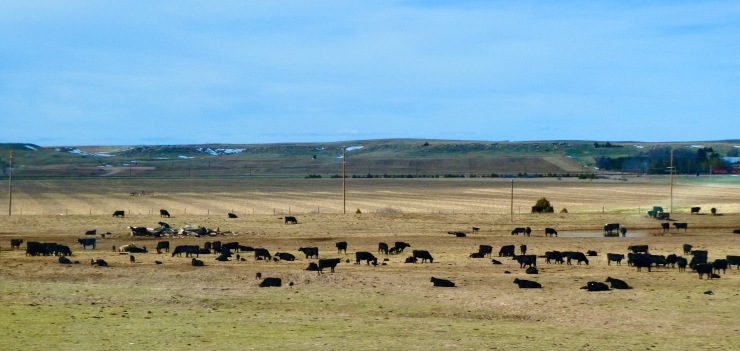
The US was split in two by the time Trump arrived in the political scene: the globalized and the nostalgic. He just made sure it stayed that way to win the Presidency. For the same reason, the Democrats have also fueled this polarization, specifically by embracing the politics of identity, gender, and racism. Trump has coalesced Democrats around these issues and led them away from their traditional core values. It’s amazing how the left refuses to address the working class’ problem at its root: the fear of change, of somehow being left behind in the world they created, which to the globalized seems outdated.
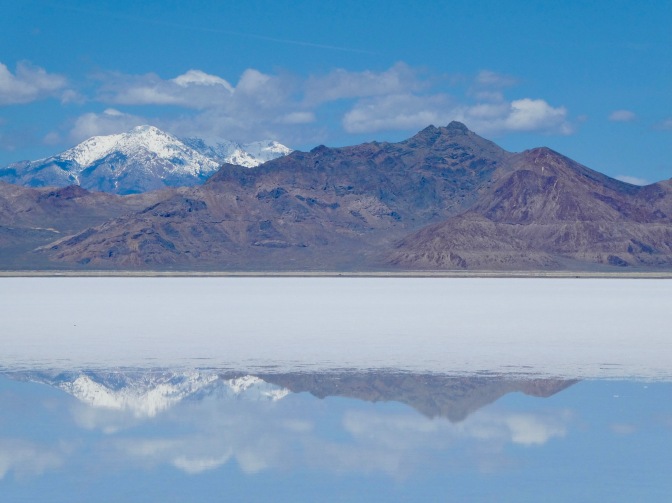
Instead of dealing with the aversion to change many people are feeling in the US, Democrats have played into Trump’s hands by making blanket accusations of racism, sexism and homophobia against the supporters of the former President. He loves it because he knows these charges enrage the nostalgic Americans and keeps them firmly on his side. If Democrats continue with this strategy, Joe Biden will lose the Presidency. The funny thing is that many older Democrats come across as hypocrites. By today’s woke standards, they were racist, sexist homophobes for most of their lives.
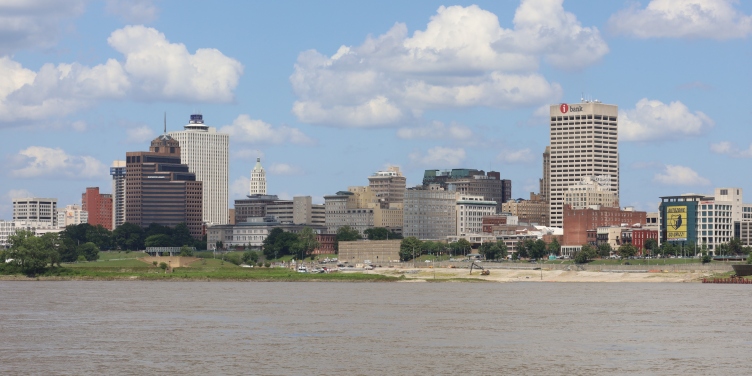
The night before the solar eclipse, we stayed at a hotel in the south side of Memphis, a few miles into the state of Mississippi. We went to celebrate my son’s birthday at a popular local restaurant. He was excited to be in Mississippi, I was too. We had arrived at the very heart of the so-called white supremacy. As we walked into the restaurant, I wonder what the ambiance would be like. It was quite pleasant with a mixed racial crowd: couples and groups in their twenties all the way to senior citizens sitting at a bar and tables. Next to us sat the young blood: a white boy, two white girls, and one black girl, who seemed to be best of friends. Two older white men played blues, actually really good blues. Everyone applauded politely after each song. No one made any accusations of cultural appropriation, of playing sexist songs. You know, the issues of the culture war raging in college campuses and opinion shows on television. All the people at the restaurant were just enjoying their night out in the heart of the white supremacy!
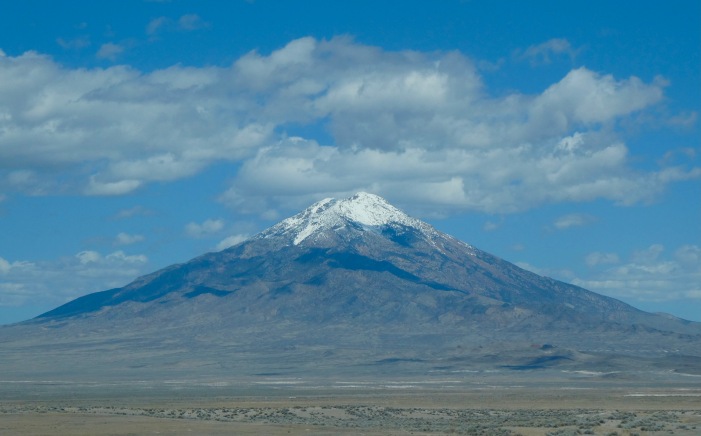
On the drive home, my son and I discussed what we had seen. He has a positive and optimistic view of the future. He pointed out how the young people we had seen displayed cultural elements that demonstrated they were already making the transition. He said that it was only when they spoke with a southern accent that he noticed a difference between them and him. Needless to say, my son has a different opinion on the matters I discuss above. He’s optimistic that the country will eventually unite once the progeny of the Greatest Generation disappears. He’s probably right. He’s an intelligent millennial aware and critical of his world. And I’m just a postMexican living in the twenty-first century, feeling a bit out of place and trying hard to make sense of the new American reality.
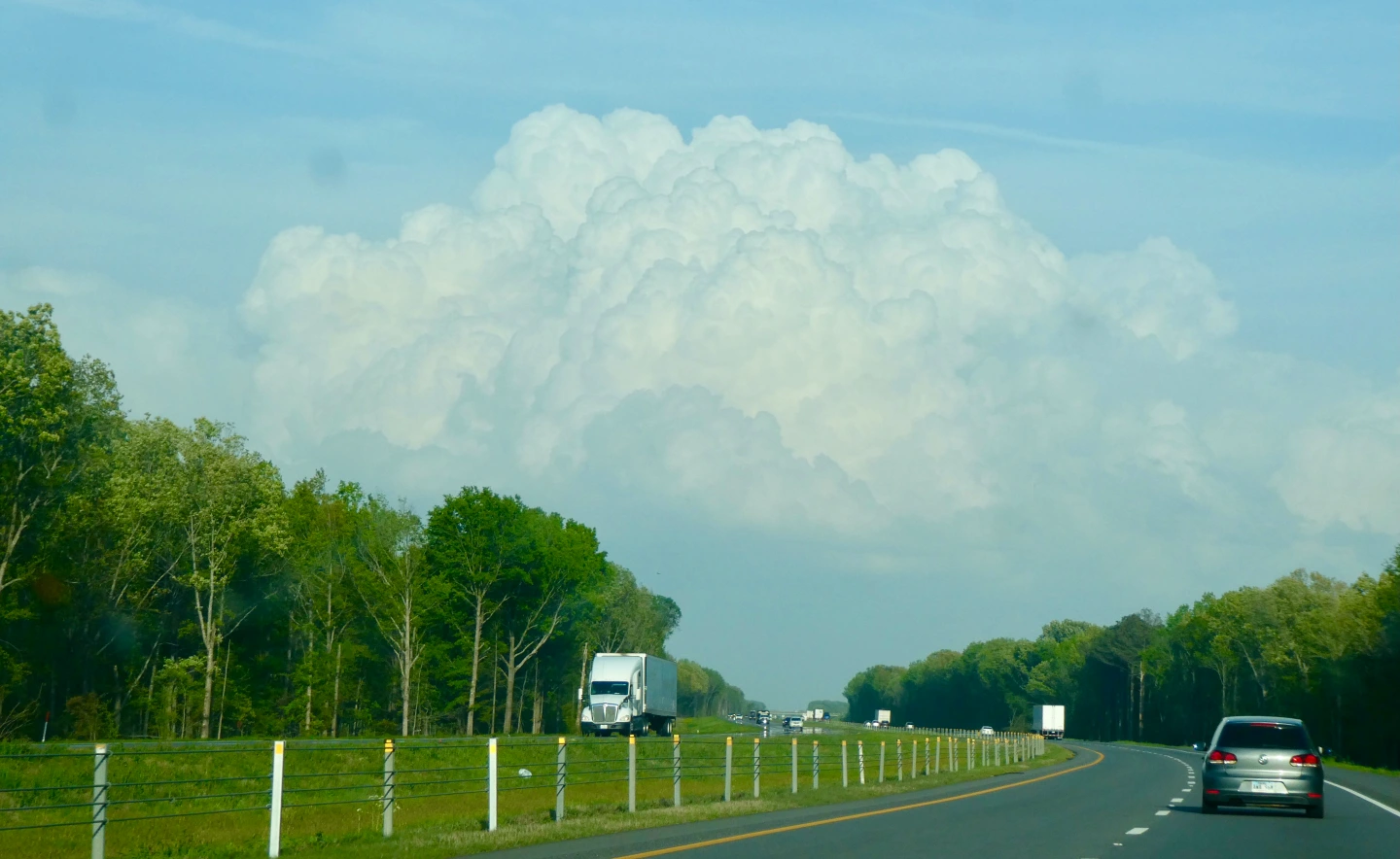
Leave a comment